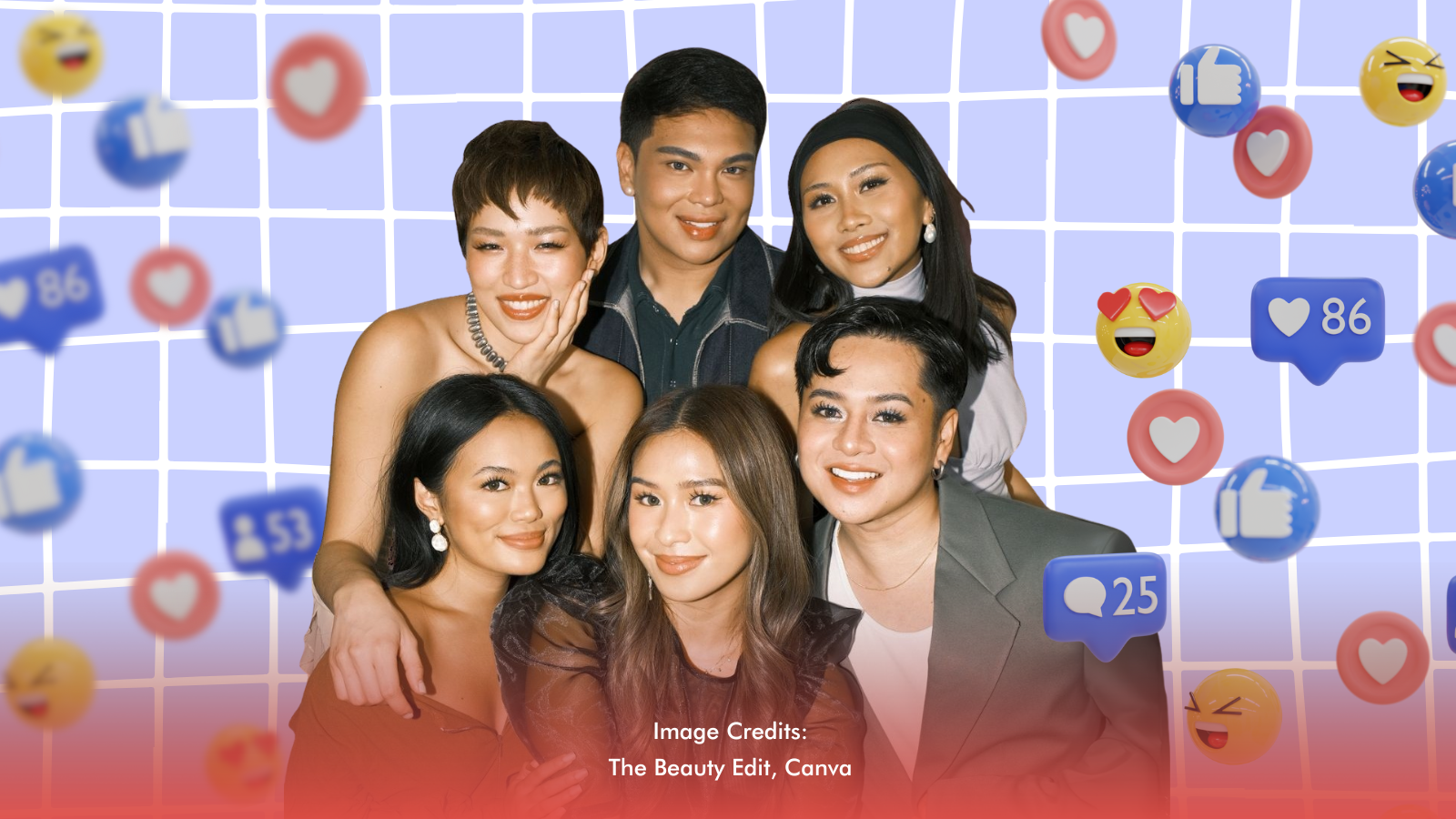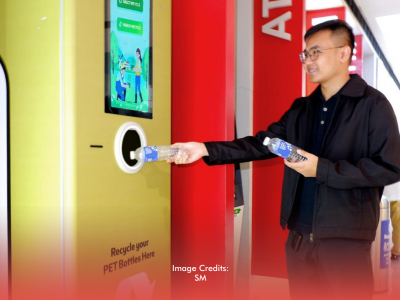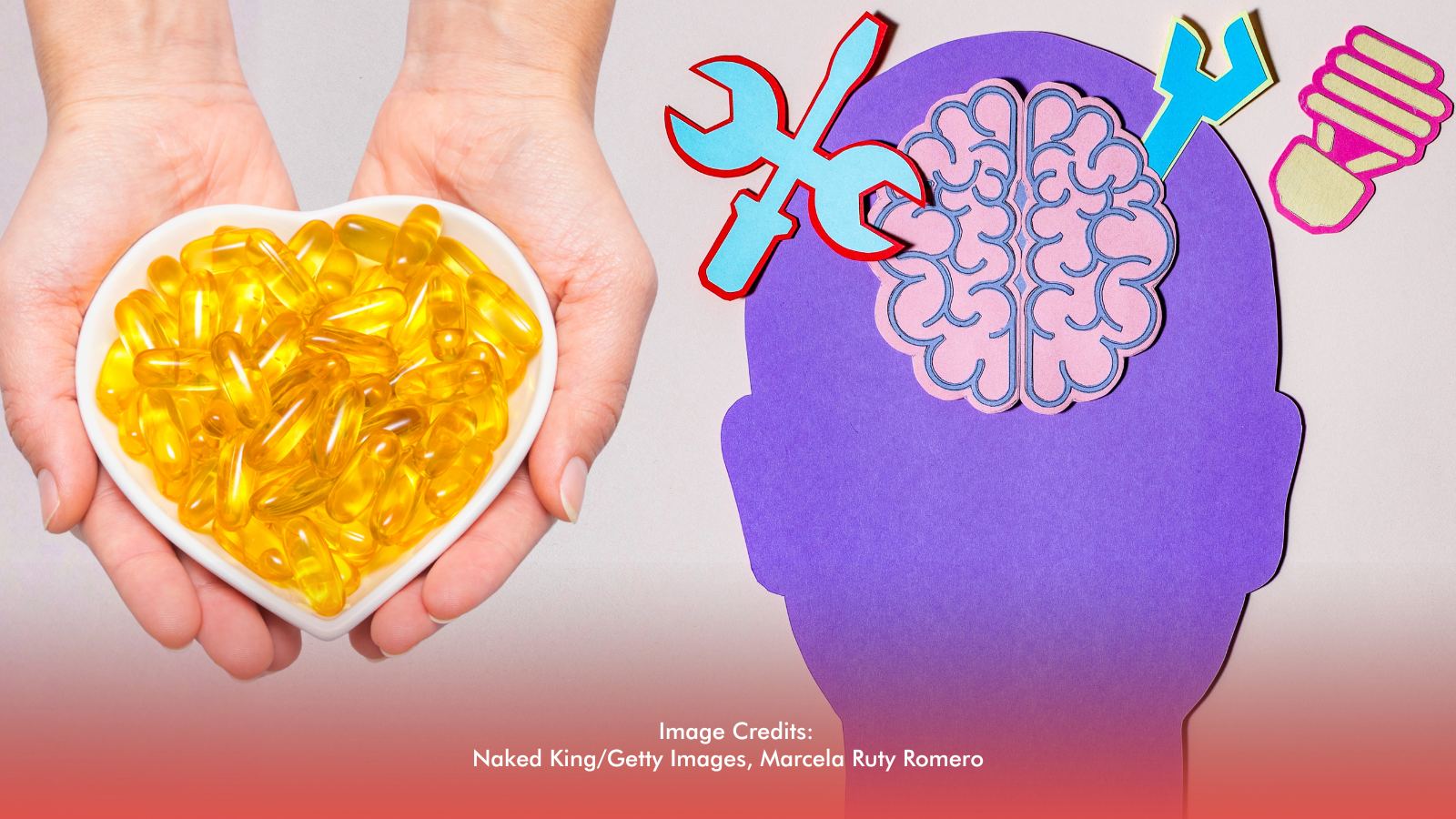Behind the filters and luxury hauls lies real work, financial responsibility, and misplaced public outrage.
The Philippines is no stranger to outrage. Right now, the nation’s anger is focused on massive corruption scandals—rightfully so. But amid the flames of public fury, another group has been caught in the crossfire: influencers. For many, their glossy feeds and luxury hauls feel like tone-deaf flaunting while the country struggles. Yet behind the curated posts lies a reality often misunderstood: influencing is work.
Like any other profession, being an influencer requires long hours of content creation, strategy, and investment. Many don’t even receive a paycheck—brand partnerships are often compensated through products rather than cash. The reality is, their “flex” is frequently just part of the job order. And while they seem to live lavishly, influencers also deal with financial responsibilities, including taxes. In fact, like celebrities, they are the product. Skincare, hair, clothes, and even gym memberships become professional investments. The Bureau of Internal Revenue (BIR) treats these as taxable expenses. Meanwhile, most luxury goods gifted by brands are not taxable, which explains why many luxury influencers aren’t topping the taxpayer lists—the bags, clothes, and shoes were never “purchased” to begin with.
The Philippines has also produced world-class influencer talent. Heart Evangelista and Anne Curtis transitioned from showbiz into powerful independent brands. Bretman Rock, among the early wave of digital creators, now represents the country on international stages—from global fashion events to beauty campaigns—bringing pride and visibility to Filipinos worldwide.
Still, our “sana all” culture often fuels resentment. We love to hate those who seem to have it all, but in doing so, we risk misdirecting our anger. Influencers are not the ones draining the nation’s coffers. They are workers, entrepreneurs, and self-starters navigating a difficult industry. The real enemy remains corruption—the obscene flaunting of stolen public wealth by officials sworn to serve us.
Attacking influencers only distracts us. After all, whether employee, freelancer, or influencer, we are all taxpayers carrying our share. Our outrage is better aimed where it belongs: at those who steal from the people they vowed to protect.








